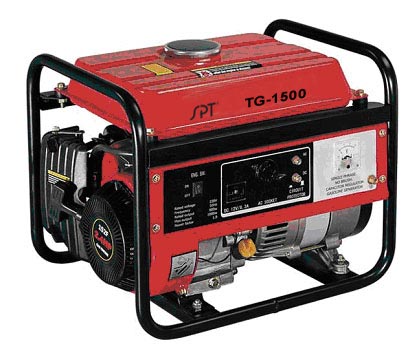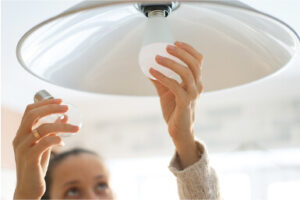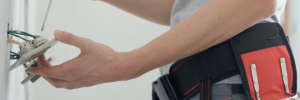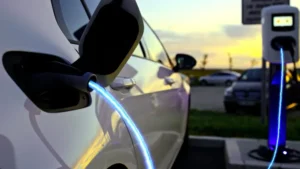Were you one of the over 200,000 people who lost power during the Atlanta snow-acolypse 2014 one and/ or two? We can buy all the milk, bread, and supplies we can find but I think it is safe to say that most residents would still be in quite a serious situation without electric.
What would happen to you if the power went out for several days? We all depend on our electronic devices such as TV’s, computers, and phones for information. Some homes do not have fireplaces to keep warm during the winter or perishable food could spoil should a black out occur in the summer. Others with medical conditions may rely on electrical equipment to keep them alive. Let’s face it; no electric for more than a couple of hours can be aggravating, expensive, and even dangerous!
Electricity can go out for a number of reasons from extreme weather such as ice, hurricanes, floods, and tornadoes to a car running into a utility pole or a transformer exploding. Power companies today are pretty quick to restore power but in some cases may not be able to.
We recommend an electric generator. Generators convert mechanical energy and turn it into electric energy. The two types of generators used by the general public for personal use are portable which use gasoline, and stand-by’s which use natural gas.
Portable generators are great for small appliances such as TV’s, hair dryers, and hot plates and are built with ‘portability’ in mind. Portables are great to have on-hand for camping, tailgating, and yes the occasional emergency. However, it is not uncommon that local rules, especially in close-knit sub-divisions to restrict the location of (and the noise of) generators. Portable generators may be your only options for emergency power should you live in such an area. Be sure to ask questions and remember to keep your generator in a dry, outdoor area. Since portable generators burn gasoline they give off high quantities of carbon monoxide and heat. Well-ventilated areas with a lot of airflow are required to prevent carbon monoxide poisoning and burn hazards.
If you decide that you would like to keep power running to a little more than your TV and a hot plate consider the stand-by generator. The first thing to examine is what type of generator you need by accessing what you would like to keep power to. For residents such as those in Atlanta that deal with sweltering summers a generator that can support the central air conditioning unit would be the best option. However, if you want to save a little money, generators come in a variety of strengths to accommodate what appliances you would like to keep running. Do your research and consult with an electrician to purchase the best generator for your needs.
Stand-by generators require permanent placement and will be wired directly in to the house and. must be on a transfer switch installed by a licensed electrician. Direct connection without a transfer switch can result in damage to your home and generator and cause great harm to utility workers.
A transfer switch prevents the utility power and the generator power from powering your household circuits at the same time. When the power goes out, the transfer switch automatically senses the loss of power and forces your generator to turn over and start producing electric. Now, what is most important to you can keep getting power.
A transfer switch prevents the utility power and the generator power from powering your household circuits at the same time. When the power goes out, the transfer switch automatically senses the loss of power and forces your generator to turn over and start producing electric. Now, what is most important to you can keep getting power.
Generators can take the inconvenience and risks out of power-outages. Poss Electric has installed generators all over North Metro Atlanta including Roswell, Woodstock, Alpharetta, Johns Creek, Sandy Springs, and Marietta. Call us today to discuss your options for emergency power systems.






